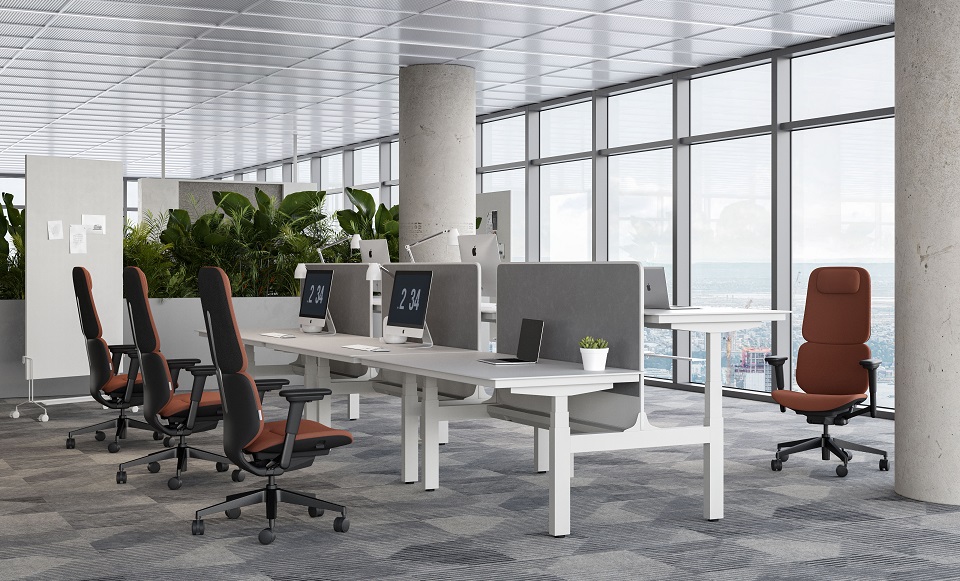
In today's fast-paced world, finding a balance between work and life has become increasingly difficult. Many employees find themselves struggling to juggle the demands of their jobs and their personal lives. This is where co-working offices come in - they offer a solution that helps employees balance their work and life.
Co-working offices are shared workspaces where individuals from different companies can work alongside each other. These offices provide a collaborative environment that fosters creativity, productivity, and community. In this blog, we will explore how co-working offices help employees balance work and life.
One of the main benefits of co-working offices is that they offer flexible working hours. This means that employees can choose when they want to work, allowing them to balance their work and life. They can work during the hours that suit them best, whether it's early in the morning, late at night, or on the weekends.
In a traditional office, employees are often expected to work specific hours, which can be challenging for those with family or personal commitments. Co-working offices give employees the freedom to work when they need to, making it easier for them to manage their work and personal lives.
Commuting to work can be a significant source of stress for employees, particularly if they live far away from their workplace. Co-working offices are often located in central areas, which reduces the commuting time for employees. They can work closer to home, which means they can spend more time with their family and friends.
Additionally, co-working offices often have amenities such as bike storage and showers, which encourage employees to cycle or walk to work. This not only saves time but also promotes a healthy lifestyle, which can have a positive impact on employees' work and personal lives.
Co-working offices offer a unique opportunity for employees to network and build relationships with professionals from different industries. This can lead to new business opportunities and collaborations that can help employees grow their careers.
Networking can also be a great way for employees to learn new skills, share knowledge, and gain valuable insights. These interactions can lead to new ideas and innovations that can benefit both the employee and the company.
Many co-working offices offer programs and events that help employees balance their work and life. For example, they may organize yoga or meditation classes, workshops on stress management or time management, and social events where employees can connect with others.
These programs can help employees manage their stress levels, improve their mental health, and foster a sense of community. By providing these resources, co-working offices demonstrate their commitment to their employees' well-being and show that they value work-life balance.
Co-working offices provide a collaborative environment where employees can work alongside others and share ideas. This can help employees feel more connected to their work and colleagues, which can lead to increased job satisfaction.
In a traditional office, employees may feel isolated or disconnected from their colleagues. Co-working offices provide a space where employees can interact with others and feel part of a community. This sense of belonging can have a positive impact on employees' work and personal lives.
Co-working offices offer a solution that helps employees balance their work and life. They provide a flexible working environment, reduced commuting time, networking opportunities, work-life balance programs, and a collaborative environment. These benefits can help employees manage their stress levels, improve their mental health, and foster a sense of community.
As more companies adopt co-working spaces, it is important to recognize the impact they can have on employees' well-being. By prioritizing work-life balance, companies can attract and retain top talent, boost employee morale, and create a positive workplace culture. Co-working offices are a step in the right direction toward achieving this goal.


Jun. 21, 2023

Jun. 20, 2023

Jun. 16, 2023

Jun. 15, 2023

Daniel Yao
Yose Lang